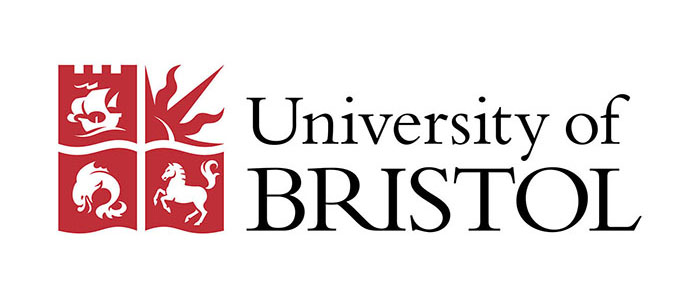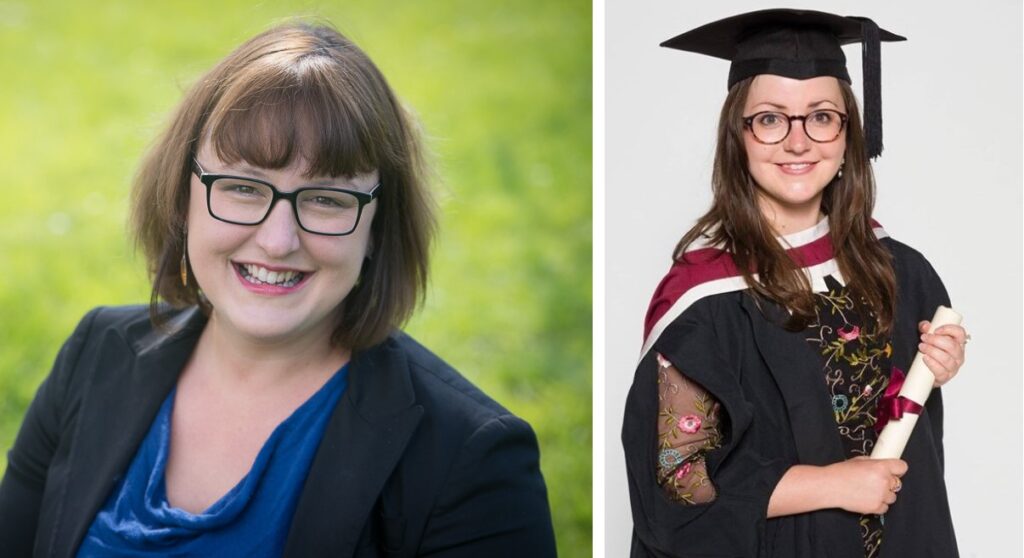
Published January 2024
Summary
Despite the UK’s ageing population, there is a lack of training in geriatric care for undergraduate medical students. In collaboration with colleagues, Dr Grace Pearson and Dr Emily Henderson, both at the University of Bristol, have developed a new undergraduate curriculum that delivers more effective training on how to care holistically for older people. They set out to evaluate the training to see whether it can inspire more students to pursue careers in geriatric medicine.

After completing the new undergrad programme, students tell us that they were inspired to become geriatricians
Dr Emily Henderson
Around 15% of UK undergraduate medical students receive no training in geriatric medicine. And for those that do, it amounts to just 2% of a 5-year degree. This is a gross misalignment in training, given that these future doctors will be caring for the UK’s increasingly ageing population.
By 2050, a quarter of the UK’s population is expected to be over 60, making it essential that we invest in geriatric medicine training and education for medical students. This will help ensure they’re properly equipped with the skills and knowledge to care for the complex needs of older people.
Improving education for medical students
We wanted to present them with real life scenarios to enthuse them about caring for older people and develop their empathy
Dr Grace Pearson
With this in mind, Bristol Medical School launched a new and innovative undergraduate geriatrics medical curriculum, transitioning from a 4-week course to a much more in-depth 18-week programme called Complex Medicine in Older People (CMOP). The new course aims to deliver training in a more engaging way, inspire more students to pursue a career in geriatric medicine and enable those in other specialisms to better care for older people.
The revamped curriculum is structured around 18 complex patient cases that accurately reflect the type of patients students are likely to see. Cases are complemented by expert training sessions and valuable resources such as video interviews with Bristol’s leading geriatric researchers. A book club was also introduced to provide a safe space for students to engage in discussions and reflect on difficult issues such as ageing and dying.
Another major innovation to the curriculum is the inclusion of a ward round simulation which teaches students important skills and prepares them for their first day on the wards. We wanted to present them with real life scenarios to enthuse them about caring for older people and develop their empathy. Watch this video to find out more about the CMOP course.
Striving for international change in geriatric care
It is essential that we invest in geriatric medicine training and education for medical students.
Dr Grace Pearson
The transition between the old and new curriculums offered us a valuable opportunity to evaluate our CMOP course. So, we set out to compare two cohorts of students, the first experiencing the old curriculum and the second CMOP. We were interested in several different measures and assessed the students’ attitudes and levels of empathy towards older people as well as their knowledge, skills and preparedness for Foundation Year of medicine. And finally, we tracked the career paths of the two cohorts to determine whether experiencing CMOP encouraged more students to pursue geriatrics.
We are really thrilled with our positive findings from this project, and have gathered robust evidence to show that CMOP is an improvement on geriatric education for undergraduate medical students.
One student started medical school with the intention of becoming a neurosurgeon. But after completing the new undergraduate programme, they were inspired to become a geriatrician instead. We’ve also had great feedback from teachers who have said the curriculum is a pleasure to teach. You can hear what students thought about the new undergraduate programme in their reflective videos.
Moving forward, we’re taking what we have learned to further refine and innovate the undergraduate geriatric medicine curriculum, so that students get training that properly reflects the proportion of older people in our society. We hope to revolutionise geriatric medicine teaching and eventually implement some of the innovations trialled at the University of Bristol across the UK and internationally.
Find out more
You can follow our latest developments on Twitter @GerisMedEd and read more about CMOP and our research on our website.

